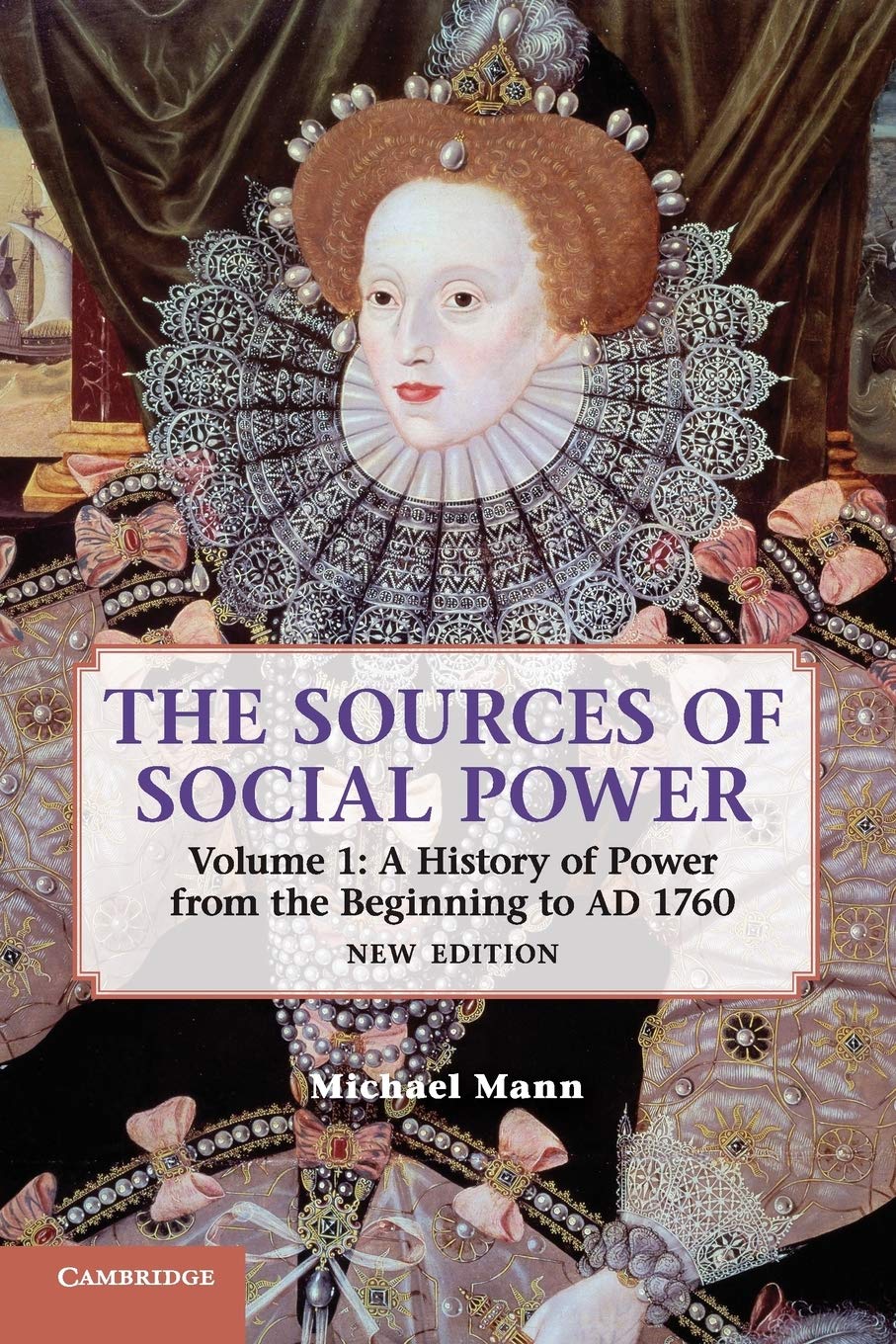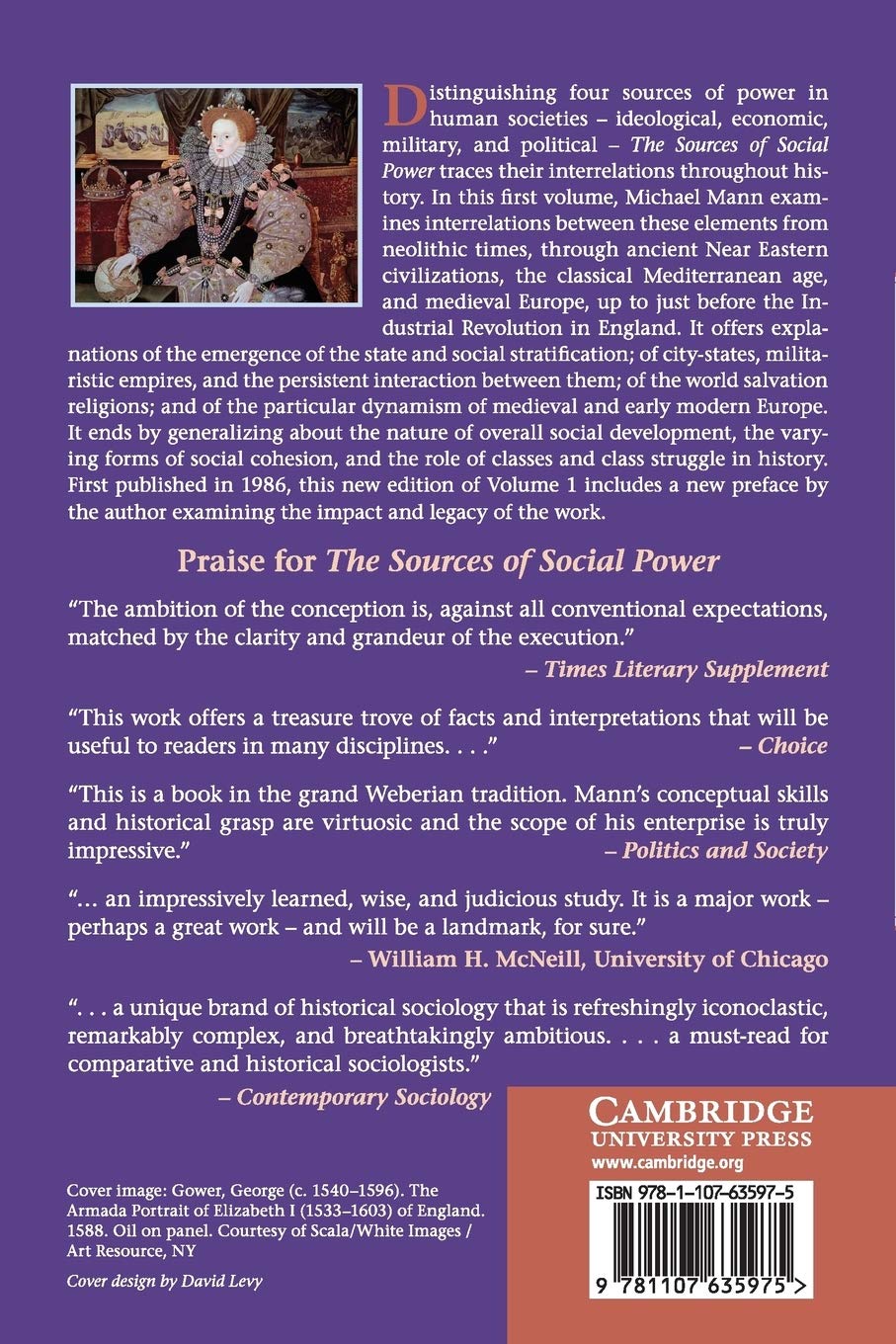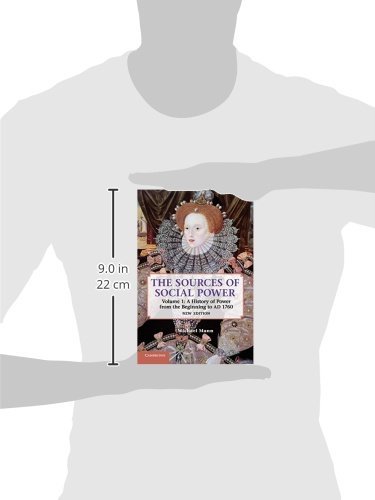Customer Services
Copyright © 2025 Desertcart Holdings Limited
Desert Online General Trading LLC
Warehouse # 7, 4th Street, Umm Ramool, Dubai, 30183, Dubai




Full description not available
E**N
This book deserves much better than one review with only four stars
This book deserves much better than one review with only four stars. It includes some of my very favorite Chinese poem translations--"Passing through South Lake Again," and the Zheng Xie and Yuan Mei translations--really incredible material. Late Chinese poem is far undervalued these days.
Y**G
good good
These two books are very good.
A**S
One of the best historical accounts of how power was acquired as we gained self-consciousness
I came to this book needing to get an empirical study about the development of "Western Civilization." Those quotes now come after having finished the first and the second volumes, for reasons I will return to. I chose this series to begin my studies of political and social history because it is the most recent, and a good theory also discusses where it departs from previous theory. (At least—it SHOULD. And this book delivers.)Mann introduces his analysis of the sources of social power, namely Ideological, Economic, Military and Political. (IEMP) He occasionally adds a 5th, but not in this volume. This volume starts essentially from the beginning of human time—prehistory as it were—and ends in 1760.The prehistory part of the book is wonderful. He raises one of the central puzzles of human history—why did we agree to civilization, specifically one which allowed social stratification? This is an important question, because most gatherer-hunter societies on record have strategies designed to prevent any one individual from accruing too much power to themselves. (Read Kropotkin, its old but still details cultures relevant to this discussion.) Mann directly refutes the most popular theories for this formation, only stating that whatever it was—it was consensual. His argument against force is this: Any force capable of imposing a social order like that requires the advances of that next rung in social complexity… which requires its own surpluses provided by…Infinite regression down that path. The archaeological evidence is in, and it doesn’t appear that early stratified societies (prior to Ur and the Akkadians) were imposed from outside by force.The Akkadians present an early example of Mann’s use of Military power turned Economic. The material evidence suggests that some of the farming and irrigation infrastructure was modeled after military formation and discipline. I’m not qualified to argue against it, but its very plausible.Mann treats Capitalism beginning far earlier than others. He sees traces of capitalism in the very end of the Roman empire. He covers the importance of multi-power-actor competition in the Grecian period as a driver for the development of social resources.In the end, I’ll say this about the book: “Western Civilization” is a whole lot more like your own memoir up until this point: Everything you ever wrote down—no matter how contingent the circumstances—appears to you today to be a teleological conclusion of all the rest of your life’s moments.The analysis that begins here in Vol I., IS that memoir for “Western Civilization.” A civilization that can draw upon a rich history of written records can “remember” past mistakes and build upon them, correcting from what failed before. Mann does to the “Greatest Civilization” conceit much damage. I might add to the metaphor: If you hold a mirror up against another mirror, you will create an infinite series of reflections: It all seems to add up to the teleological present, but the existence of that mirror is itself contingent.As a very fresh leftist, Vol I gives me alot of analytical tools in just this volume, to make sense of history through the period covered, and it’s already permanently changed the way I think about politics in general and power in particular.We shouldn’t be afraid of power.
Trustpilot
1 week ago
2 months ago